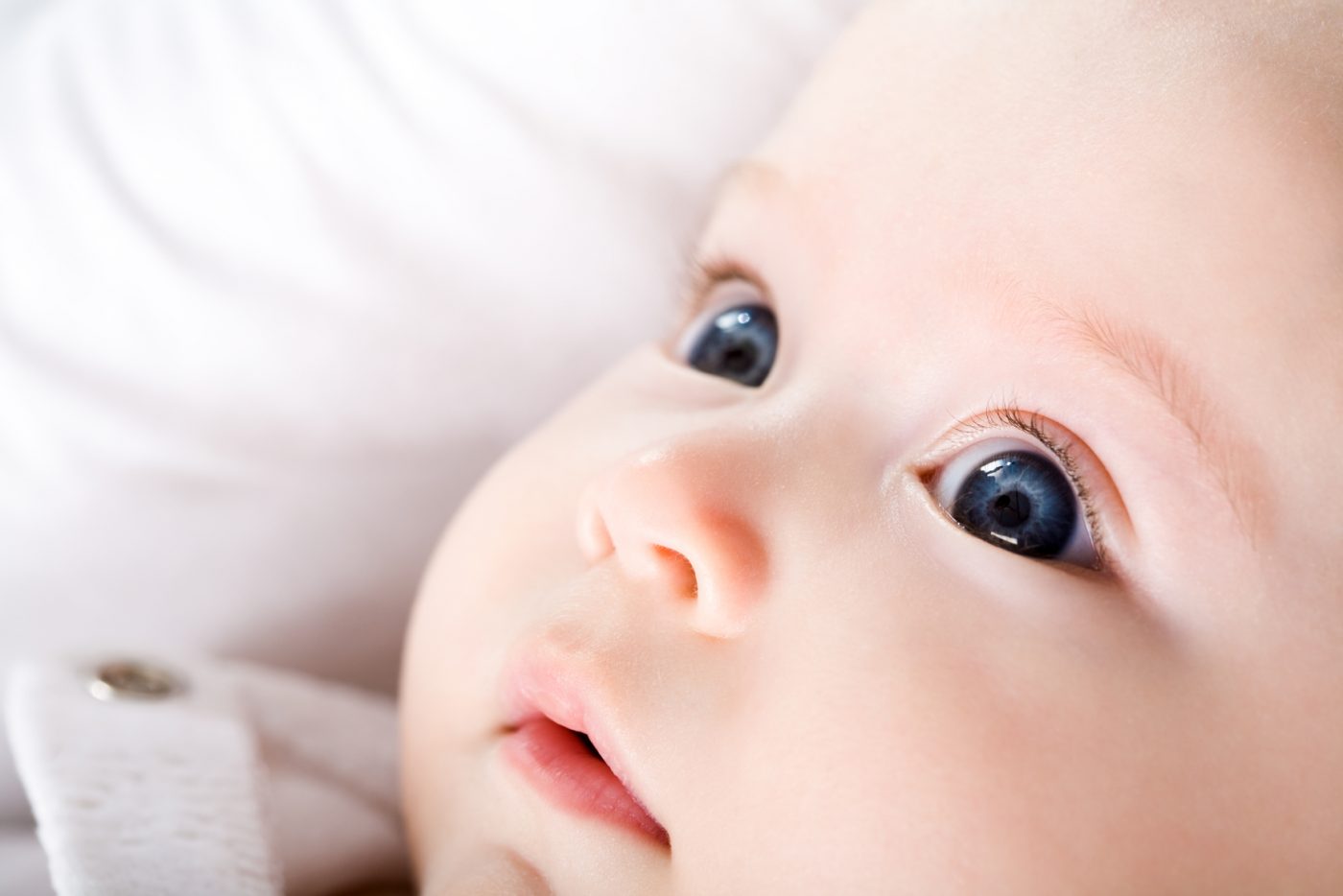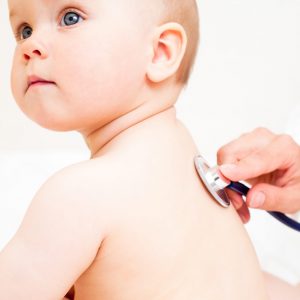
Symptoms of allergies include:
Swelling.If the reaction is severe - which includes any breathing difficulties - call 999 and tell them your baby is having a severe allergic reaction.
You won’t know if your baby is allergic to anything until a) they have an allergic reaction or b) if a special test is done.
Most people wouldn’t get their babies tested for allergies unless there was a strong family history and they were concerned their baby was likely to share the condition.
So for most of us, we need to know which foods are likely to cause allergies. Nuts, dairy and eggs are a few examples, so proceed really carefully when you’re feeding them to your baby for the first time.
The reaction usually occurs the first time you feed it, but it might not, it might be the second or third time, so watch carefully and just feed a tiny amount so the reaction won’t be as severe.
If you switch from breastmilk to a milk-based formula milk, and your baby is allergic to dairy – your baby might have an odd reaction. Any swelling, rashes (sometimes mistaken for eczema) or strange breathing, might be an allergy to the formula so get it checked immediately.
If you don’t already have Piriton (or another antihistamine) or EpiPens at home, call an ambulance and explain your baby is having a severe allergic reaction or has gone into anaphylactic shock.
If it’s a mild reaction or you’re just concerned, don’t feed them that food or drink again and go and see your doctor. If your baby is allergic to one food it’s possible they’ll be allergic to a whole lot more as well. The doctor can refer you to a specialist to do skin prick tests to see which foods and substances (like dust mites etc) your baby is allergic to.

Milder reactions to allergies can be treated with an antihistamine liquid, such as Piriton. The doctor will prescribe this and advise you how to use it.
If your baby’s breathing is stopping, or the swelling and rashes are intense, they are going into anaphylactic shock and you need an EpiPen and you need to call an ambulance.
The best way to learn how to treat a baby with a severe allergic response is by doing a first aid course with St John’s Ambulance, or to read these Essential Parent First Aid articles made with St John Ambulance. These teach you how to administer an auto-injector or Epipen.